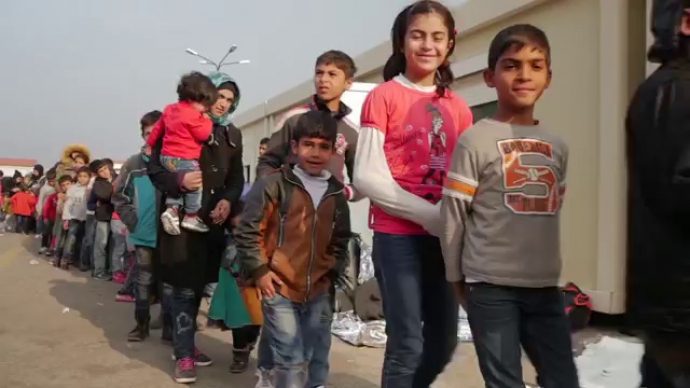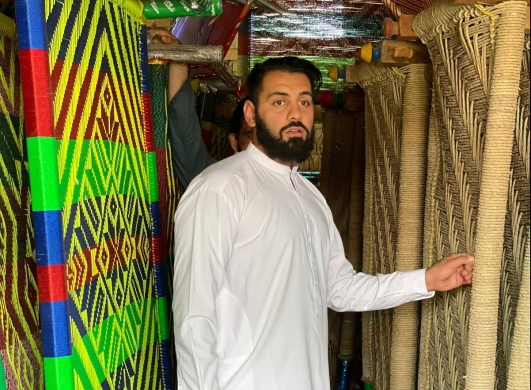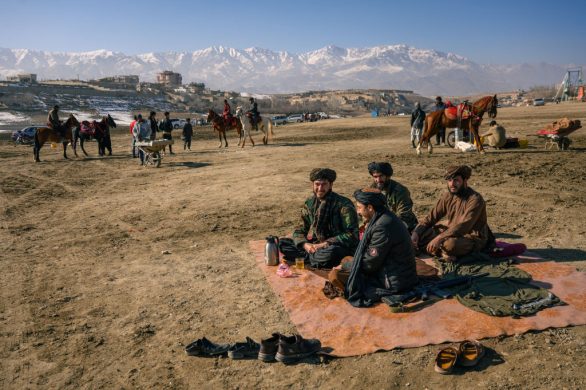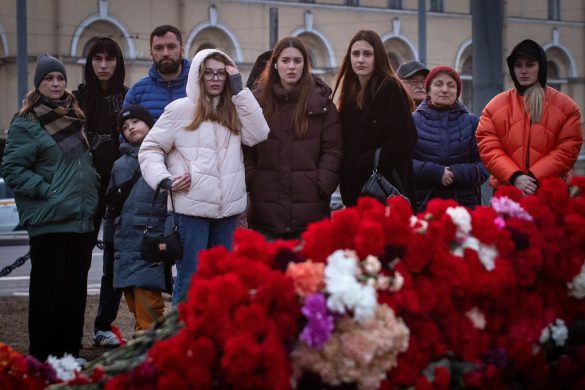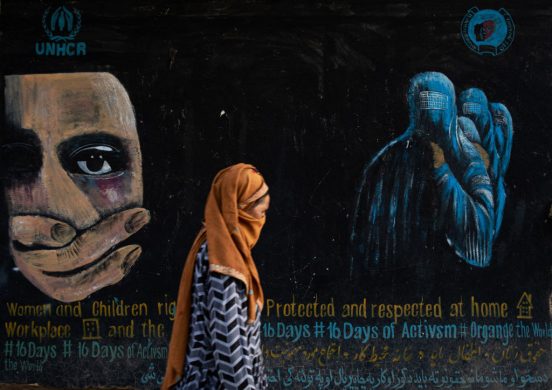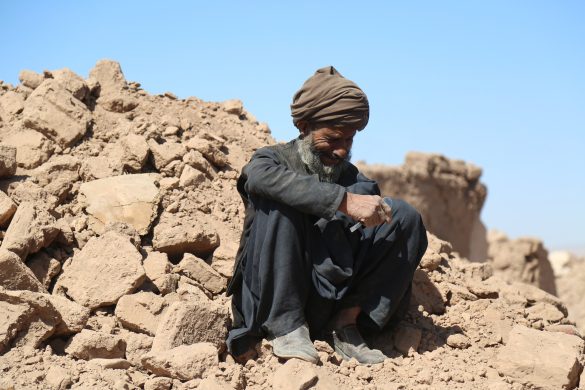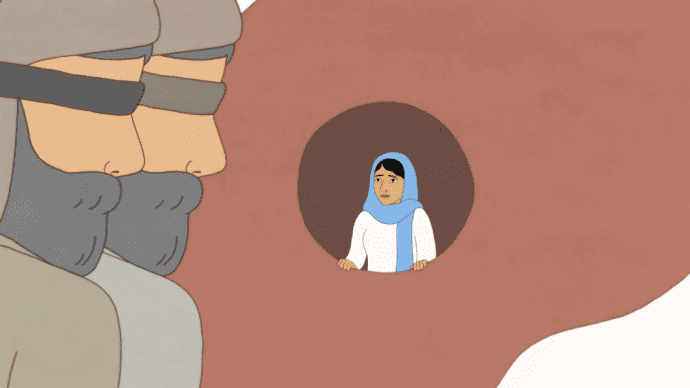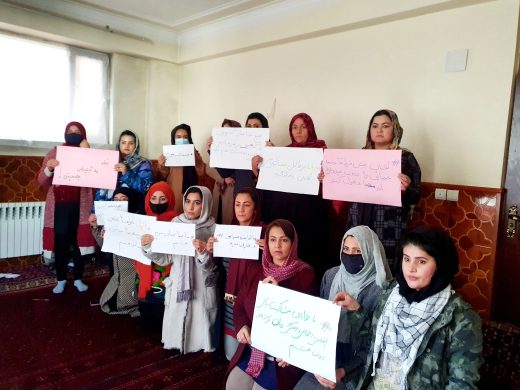Nevertheless, economic and political instability, as well as unemployment are rising in the country.
With the presence of US-led ISAF forces and tentative signs of stability in Afghanistan, the number of refugees decreased sharply in the years that followed.
However, by the end of 2015, the number of Afghans seeking shelter outside the country had spiked back up to 2.6 million following US troop withdrawals that have encouraged a growing anti-government insurgency spearheaded by the Taliban.
According to UNAMA, 2015 was the worst year for civilians, especially women and children in Afghanistan, as the insurgency peaked. The new year, meanwhile, has picked up where the old year left off.
Unsurprisingly, the deteriorating security environment has proven toxic for the economy.
What Afghans are saying
Western politicians and sections of the mainstream media in Europe continue to characterise the current tide of refugees seeking safe haven abroad as young, male and opportunistic.
Those few Afghans who have had the opportunity to speak to media or use social media to express their plight have painted a different picture, however.
Speaking to Aljazeera, Ajmal Sherzad, 32, who left Afghanistan for good with his family in February last year, cited war and economic instability as the main reasons he and his family were forced to leave the country in search of a better life:
Læs hele artiklen hos Global Voices

